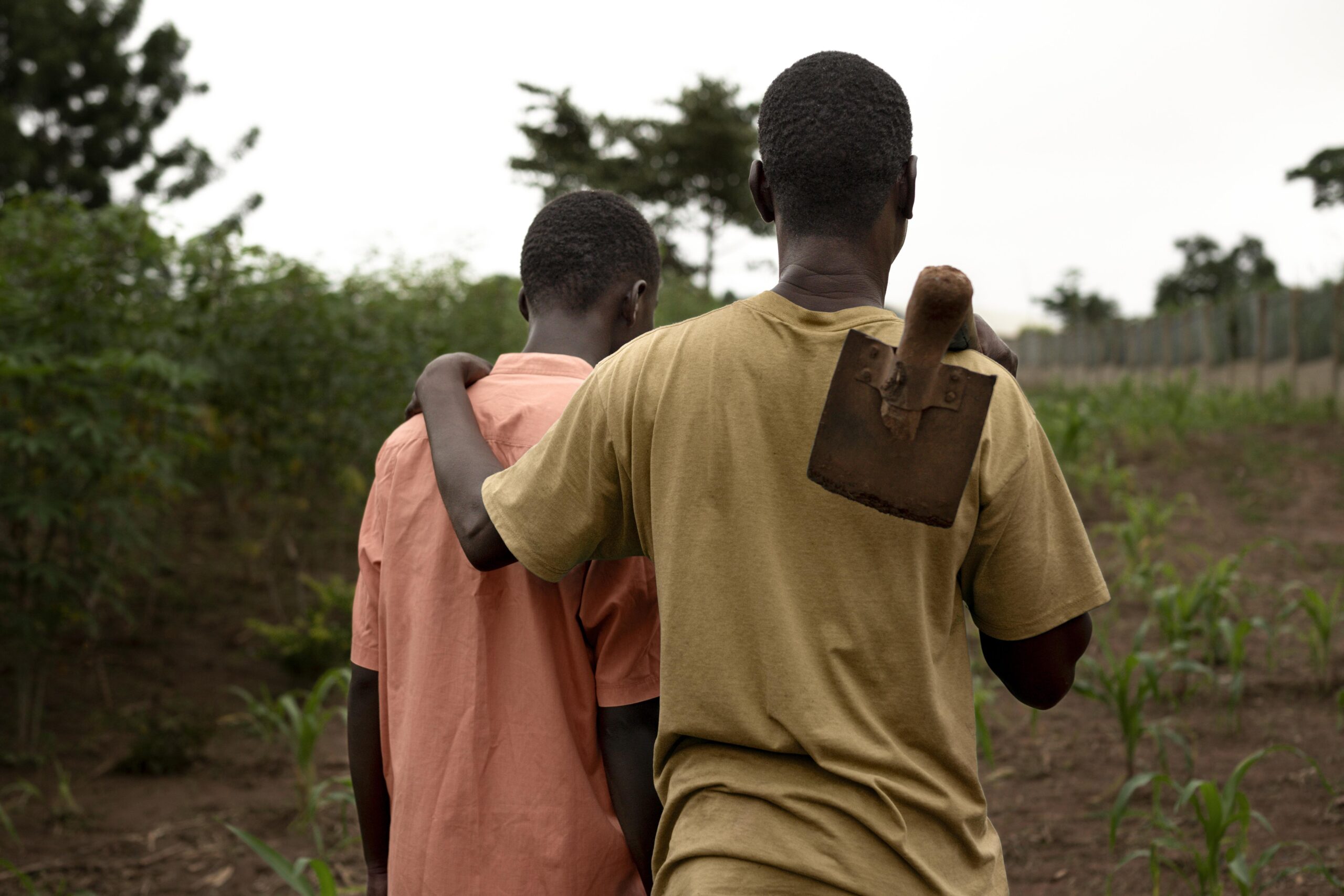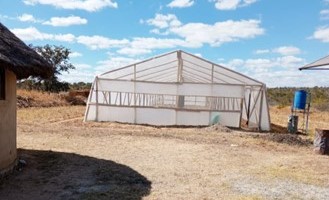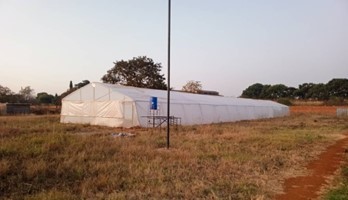Zimbabwe’s urban farmers who lack access to extension officers for farming advice are using social media to share tips and advice.
Issues to be found among the discussions range from poultry, horticulture, boreholes, setting up proper facilities, and everything else to keep their enterprises running.
One such WhatsApp group with over six hundred members has Zimbabwean participants spread all over the world, highlighting not only social media’s reach, but how farmers interested in learning from one another are utilising the platform.
“This is a group of farmers across the world gathered here to give one another tips on farming. You are free to ask anything concerning farming. Anyone with answers is free to give advice,” reads a post from the group’s administrator.
The administrator of the group formed in June this year further warns, “No politics, no church stuff, no hitching, e-creator, no porn,” emphasising the group’s ambitions at a time when such platforms are being used to peddle controversial issues.
While professional advice can be hard to come by in the absence of government’s agriculture extension officers, it has meant approaching paid-for advisors which can be expensive for many aspiring farmers.
“It helps when you can learn from people who have gone through what you are going through. And these are total strangers, people you will never meet in your life,” said Tamara Shambare, a participant in one WhatsApp group for farmers.
Zimbabwe has historically promoted agriculture extension officers who are credited with bringing farming knowledge and expertise to especially rural farmers.
Yet the growth and interest in farming, especially after government began allocating free land, has meant demand for expert advice has also risen.
However, in the absence of such advice, farmers without access to trained farming personnel are creating their own knowledge hubs, with social media providing the springboard for such efforts.
“It is something we actually applaud as it means farmers with experience share their knowledge with others,” said Gilbert Nyamadzayo, an agriculture extension officer.
“There is no presence of agritex officers in the cities or urban settings. It is even more difficult for Zimbabweans living outside the country as they cannot access farming expertise from their host countries,” he said.
With such groups thriving and the number of participants growing, it could be a boon for farmers who want to grow their enterprises at no added overhead costs.













